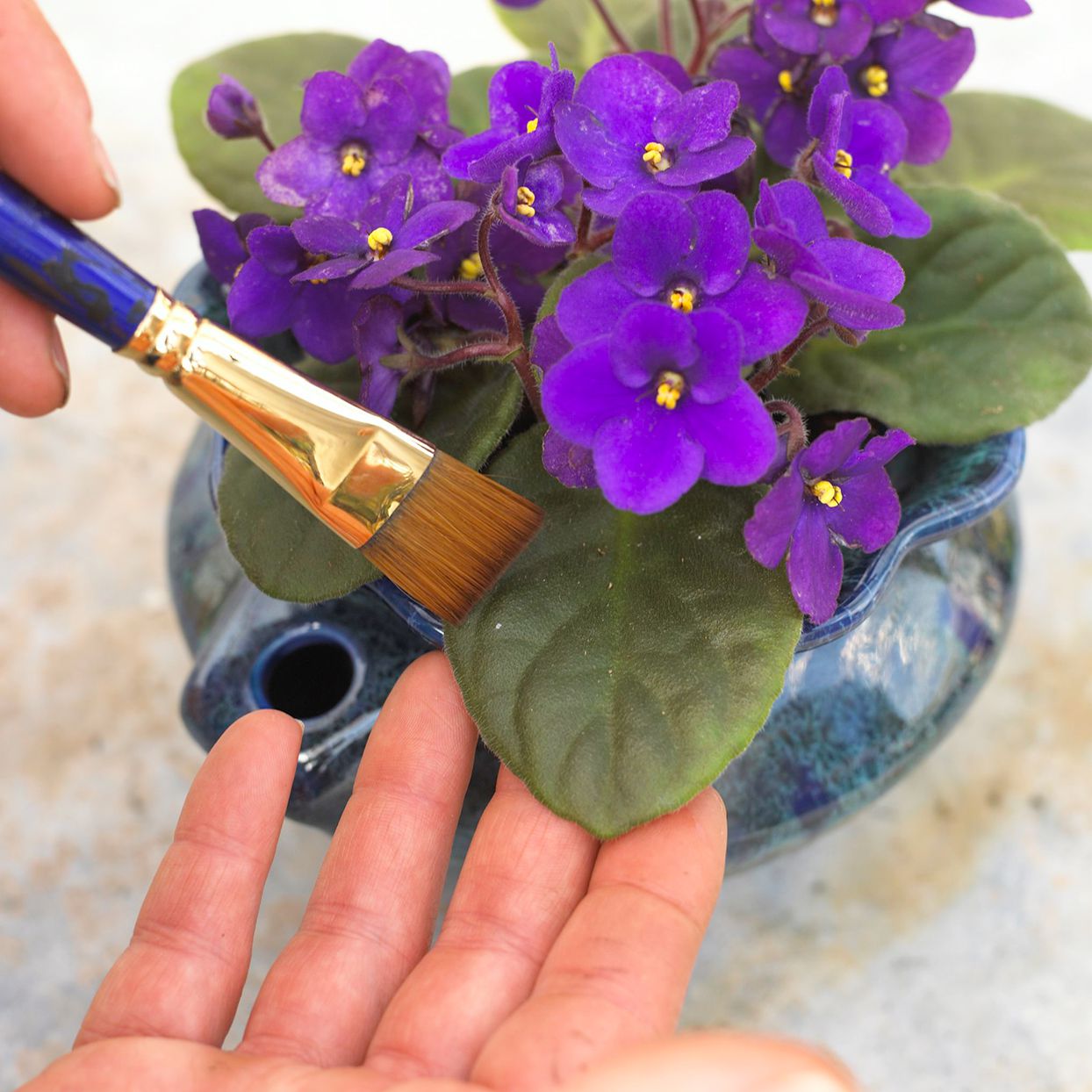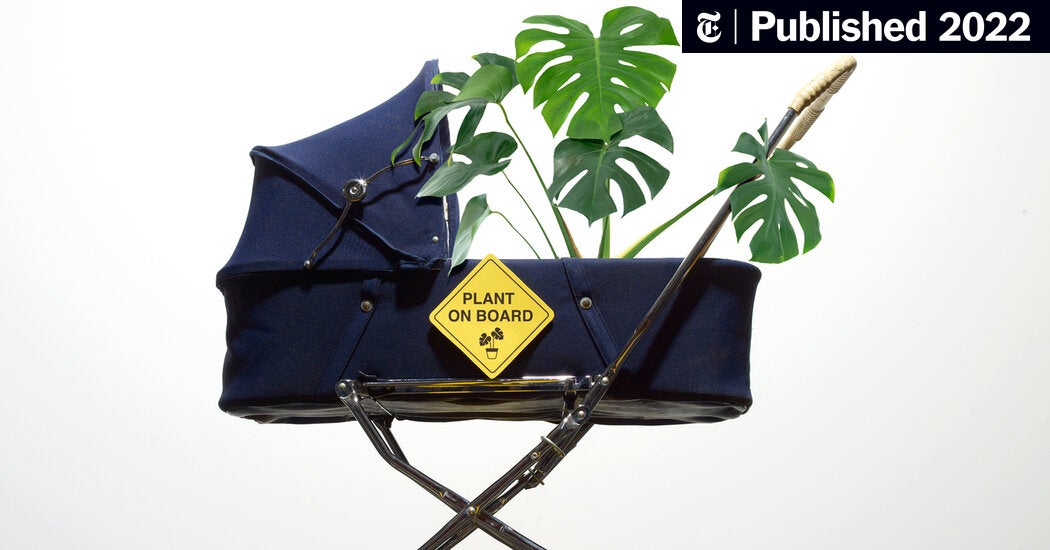Welcome to the world of houseplants, where the simple act of nurturing a leafy friend can bring immeasurable joy and a touch of nature into your home. Whether you’re a first-time plant parent or someone who has unintentionally sent a few green pals to plant heaven, fear not. With a few key tips and tricks under your belt, you’ll be on your way to developing that coveted green thumb. Embracing house plant care is not just about adding a splash of green to your living space; it’s also about embracing a fulfilling, rewarding hobby that can improve your mental and physical well-being.
At the heart of successful houseplant care is understanding the basic needs of your green companions. Watering, while seemingly straightforward, is where many new plant parents stumble. Each plant has its unique hydration needs that vary with the seasons, its growth stage, and the environment of your home. A common rule of thumb is to water when the top inch of soil becomes dry. However, this can vary greatly. Succulents and cacti thrive on minimal water, while tropical plants like a bit more. It’s crucial to research each plant's needs and watch for signs of both over and under-watering, like yellowing leaves or dry, pulling away soil.

- Essential tips to kick-start your journey to becoming a plant parent. Source: https://www.facebook.com/mybhg/ - bhg.com
Light is another critical factor in keeping your houseplants happy and healthy. Just like with water, different plants have different light requirements. Some plants, such as the snake plant or pothos, can thrive in low-light conditions, making them perfect for rooms that don’t get a lot of natural sunlight. Others, like succulents and many flowering plants, need bright, direct light to flourish. Observe how sunlight moves through your home throughout the day and choose plant locations accordingly. Remember, too much direct light can scorch leaves, while too little light can lead to weak, leggy growth and a lack of blooms.
- Key strategies for nurturing your indoor garden. Source: hgtv.com
The right potting mix and container play an essential role in the overall health of your houseplants. Well-draining soil is a must for almost all plants, as it ensures water flows through, preventing root rot. Likewise, pots with drainage holes are crucial. When repotting, choose a container that’s slightly larger than the current one to give your plant room to grow. Some plants prefer to be root-bound and may only need repotting every couple of years, while fast-growers might need more frequent pot changes. Always use fresh potting mix when repotting to provide your plants with new nutrients.
- Innovative gadgets to elevate your house plant care routine. Source: hgtv.com
As your confidence grows and you become more familiar with the basics, you might want to explore advanced care techniques like fertilizing, pruning, and pest management. Fertilizing provides your plants with necessary nutrients, especially during their growing season. Pruning can help manage growth, remove dead or diseased foliage, and encourage fuller plants. Pest and disease management is also crucial, as houseplants can be vulnerable to ailments like spider mites, mealybugs, and fungal infections. Regular inspection and prompt action can keep these issues at bay.

- Developing your green thumb by overcoming common plant care challenges. Source: nytimes.com
Remember, every plant parent faces challenges along the way, from unexpected pests to mysterious brown spots. The key is to observe, learn, and adapt. Each plant is a living entity with its own set of needs and preferences. With time and patience, you’ll start to intuit these needs, leading to a deeply rewarding relationship with your houseplants. Consider keeping a plant journal to track watering schedules, growth progress, and any problems you encounter. This can be a valuable tool in becoming a more attentive and successful plant caregiver.
Embracing the world of houseplants is a journey that can transform both your home and your well-being. With these foundational tips in hand, you’re well on your way to creating an indoor oasis filled with lush, thriving plants. Remember, the key to being a successful plant parent is not perfection but patience, observation, and a willingness to learn from each experience. Happy planting!
